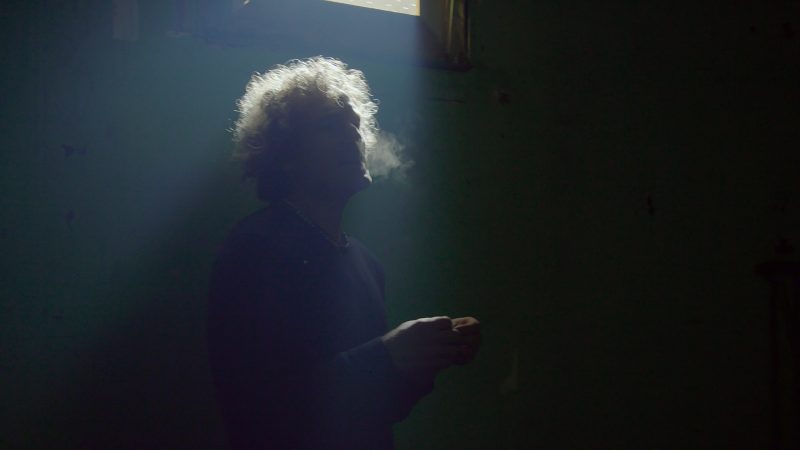Theo Who Lived (2016) is the story of Theo Padnos and his time spent in captivity under Al Qaeda. While the story succeeds in painting a picture of Padnos and his unique, horrific experience, viewers are left asking for more from the documentary’s 86-minute runtime.
Why is that? Well, in David Schisgall’s take on the story, viewers are given largely the same narrative as that presented in “My Captivity,” Padnos’ 2014 piece for The New York Times with limited detail. The article explores the complexities of the relationship between captor and prisoner, the developing sense of compassion and understanding between Padnos and the architect of his torture, Abu Mariya al-Qahtani, as they discuss the development of the Islamic State and how this puts a strain on Al Qaeda’s efforts.
What we are given what is, at points, a poetic imagining of imprisonment complimented by the visually-sparse landscape of the Middle East. On top of that, Padnos compliments his retelling with reenactments of his capture which illustrate a surprisingly optimistic and possibly bizarre sense of humor all tied together through lighthearted delivery and the eagerness to share his story. There are points in which the rooms he explores or the cells he dwells in feel less like punishment and more like a fond memory of a past life – though this may be a reading inspired more by the camera’s effect on Padnos than anything else.

Speaking of the camera and its role in the documentary, there are points at which we must challenge the omitted details. Sure, the specifics of the situation lend themselves better to a print-based medium, but where in this film is the exploration of Al Qaeda’s complexities and the role that the US played in shaping Padnos’ experience? Can we really say this film adds anything to the story aside from visuals, and perhaps a false sense of how he copes with the situation?
It’s been said in many critiques of the situation and in certain readings of “My Captivity” that Padnos feels a sense of Stockholm Syndrome in the affection he feels for his captors, and that this might explain the levity he brings to the situation. I disagree with this notion.
The shift in the experience does not come through some reaction to torture, rather, from the genuine interest Padnos has in the people and culture with whom he is interacting. He cares less about the punishment than he does why it ensues and who the people are delivering it. To lay this out as a mere condition of the mind is to simplify what really happens in this story: Padnos learns the complexities of the situation and challenges his American-based view of the conflict he is surrounded by.
The conversations he has with al-Qahtani, deemed The Man of Learning, mark an estranged friendship in my view, one in which our Western character wishes to escape his capture but, at the same time, wants to understand the situation. I see in Padnos a genuine curiosity – the mark of a journalist who has yet to make it big and be swayed by a larger entity (marked by the failures that inspired this trip in the first place).

In this sense, Theo Who Lived is not only an experience but a glimpse into how we might challenge our views of the Middle East. It is a consciously abbreviated look at the situation which, I hope, prompts viewers to learn more about the story and the climate which brought it to reality. For now, however, the film we are left with is cut short, with moments where emotional saliency might prevail or complexity might shine through; moments which were blocked out on the cutting room floor.
Wrapping Up: Theo Who Lived is worth a look, but only when taken within the context of Padnos’ “My Captivity”.
Theo Who Lived
2016
dir. David Schisgall
86 min.

